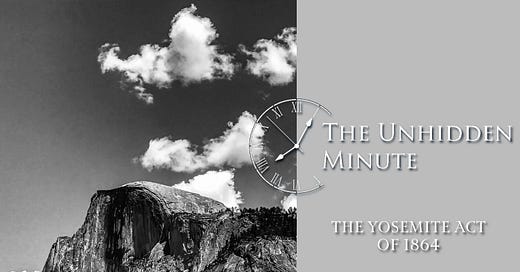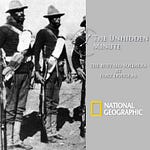The Yosemite Act of 1864 was a landmark piece of legislation signed by President Abraham Lincoln during the Civil War. Signed on June 30th the new law granted the Yosemite Valley and the Mariposa Grove of Giant Sequoias to the state of California, with the stipulation that the land be preserved for “public use, resort, and recreation.” This act marked the first time in U.S. history that the federal government set aside land specifically for public enjoyment and conservation, laying the groundwork for the national park system. Though Yosemite would not become a national park until 1890, the 1864 act recognized the inherent value of protecting natural landscapes from private development. The land was to be managed by the state, which set a precedent for future federal conservation efforts. The Yosemite Act is often seen as a foundational moment in the American environmental movement, reflecting a growing national appreciation for scenic wilderness and natural heritage.
The Joy Trip Project celebrates American History.
The Unhidden Minute is part of the Unhidden Podcast Project supported through a National Geographic Explorer Grant from the National Geographic Society, with the cooperation of the National Park Service. This series aims to elevate the untold narratives that are too often left out of the stories we share about our common national heritage.
#NationalParkService #yourparkstory #NationalGeographic #unhiddenminute













Share this post